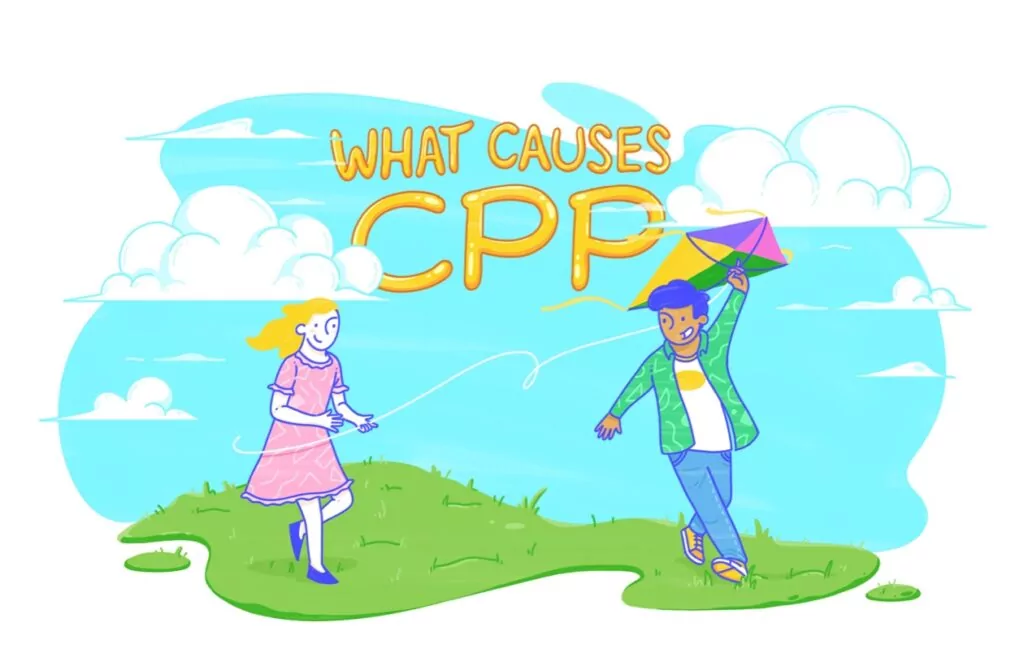If your child has CPP, you’re probably wondering where it came from or what causes CPP. Central precocious puberty is usually idiopathic, meaning it arises spontaneously without a known cause. In rare cases, however, CPP can be a symptom of an underlying medical problem.
Whether or not your pediatric endocrinologist determines the cause of your child’s CPP, just remember that you are not to blame. Precocious puberty is fully treatable, and it begins the same way normal puberty does— just a little earlier.
What Causes Puberty?
The brain produces a hormone called gonadotropin-releasing hormone, or GnRH. When GnRH reaches the pituitary gland in the base of the brain, it causes the production of sex hormones (estrogen in girls and testosterone in boys).
These sex hormones are responsible for the emotional and physical changes that comprise the different stages of puberty, like breast bud and testicle growth, a growth spurt, menstruation, mood swings, body hair, and body odor.
With central precocious puberty, this process simply begins sooner than normal. When you first notice these early puberty symptoms, it’s important to see a pediatrician as soon as possible to confirm that your child’s CPP is not a symptom of a more serious health issue.
Uncommon CPP Causes
In rare instances, central precocious puberty can be caused by any the following:
- A tumor in the brain or spinal cord
- Birth defects like excess fluid buildup (hydrocephalus) and noncancerous tumors (hamartoma)
- Radiation or injury to the brain or spinal cord
- McCune-Albright syndrome, a genetic disease that affects bones, skin color, and hormones
- Congenital adrenal hyperplasia, related to abnormal hormone production by the adrenal glands
- Family history of CPP
Again, your child’s CPP is not likely to have been caused by an underlying medical issue, but it’s still crucial to confirm this with their doctor.
CPP Risk Factors
There are risk factors that could make early puberty more likely, with certain characteristics making children more susceptible to CPP. While most of these risk factors are out of your control, it’s still helpful to be aware of them.
CPP risk factors include:
- Being a girl: Girls are much more likely to develop central precocious puberty than boys.
- Being African American/Black: Central precocious puberty affects African American/Black children more often than children of other races.
- Being obese: Significantly overweight children have a higher risk of developing CPP.
- Being adopted: It’s not clear why, but children adopted from countries outside the U.S. are 10 to 20 times more likely to develop CPP.
Beyond encouraging your child to eat well and stay active, and keeping them away from estrogen and testosterone supplements, there’s nothing you can do to prevent CPP. But if your child does have CPP, you can still protect their childhood—and their long-term well-being—by considering CPP treatment.




